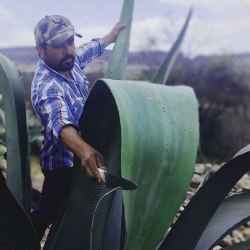In most of the world organic food and farming are described more broadly as “agroecology.” The Institute for Agriculture and Trade Policy writes:
“Since 2020, food prices have been on the rise following COVID-19-related supply chain interruptions, as well as climate disasters, such as drought, frost, fires and floods in a number of countries, among other factors. In early 2022, the war in Ukraine resulted in an unprecedented spike in food prices. In fact, the United Nations Food and Agriculture Organization (FAO)’s global food prices index reached its highest level ever in March. These successive crises demonstrate that our food and agriculture systems are extremely vulnerable to shocks: We must invest in building resilience. Diversity of knowledge, genetic resources and food systems that foster human rights are necessary to build this resilience…
As an approach, agroecology is fundamentally different from other approaches to agriculture and food systems development and represents an alternative paradigm in direct contrast to industrial agricultural approaches. Agroecology integrates transdisciplinary knowledge, the practices of food producers and eaters, as well as the priorities of social movements, while recognizing their mutual dependence. Whereas the current industrialized system is extractive and exploitative, agroecology recognizes the interdependence of living systems and honor the principles of balance, diversity, harmony and respect. Agroecology creatively enables those involved in the food systems to connect with each other and solve problems specific to their unique situations.
This transformative vision is necessary to bringing about just and sustainable food systems transitions — from production to consumption to waste management — to ensure local and regional level food security across the world, while simultaneously building ecological, social and economic resilience rooted in mutual respect for various cultural food traditions of local community members.”

